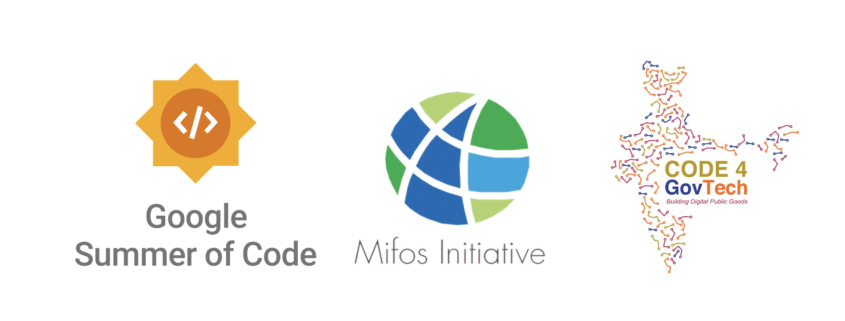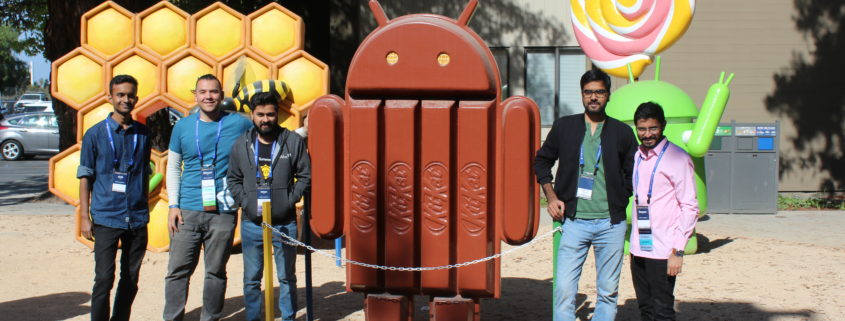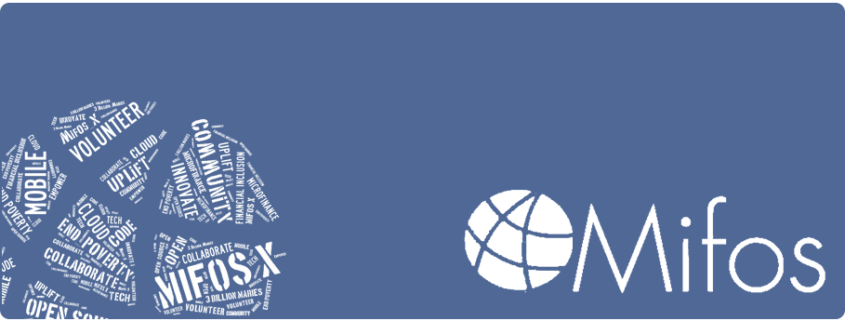Meet our 2024 Google Summer of Code and Code for GovTech Interns
/in Company News, Frontpage Article, Open Source Community/by Edward CableJoin us in officially welcoming our class of interns for 2024. We have the pleasure of working with 18 interns across Google Summer of Code and Code for GovTech. This year Google of Summer of Code is celebrating its 20th year and marks our 12th year of participation overall and 9th year directly as the Mifos Initiative with eleven interns chosen. We are participating for the first time in the Code for GovTech Dedicated Mentoring Program which is now entering its third year being led by Samagra Governance. We have been able to select seven interns through this program which aims to cultivate a community of coders that can build and contribute to global Digital Public Goods. We are blessed to once again be working with the cream of the crop of burgeoning open source contributors as we had to be highly selective in choosing our eleven interns for GSOC amongst more than sixty applicants and our seven C4GT interns from dozens of applicants as well. This year we have 16 contributors from India and for the first time, two contributors from Egypt.
While our ultimate aim is build the next generation of open source contributors and lay the bedrock and foundation for the future of our community with new maintainers and committers, as usual, the projects proposed by our mentors and applied to by our interns will add immense value across all of our codebases and projects.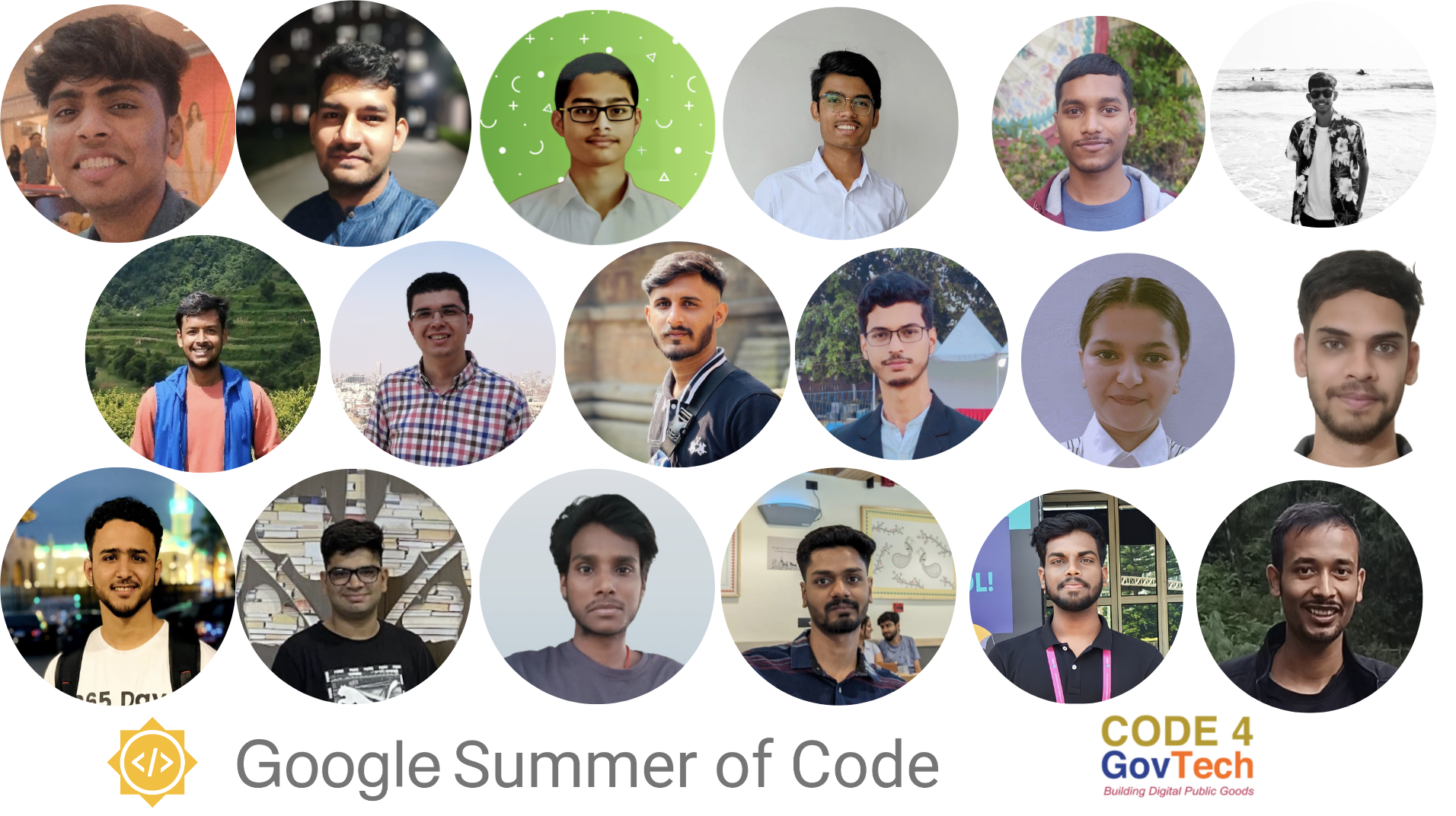
Google Summer of Code
For Google Summer of Code, we will have four interns working on mobile development, three interns on web and front-end development, three interns on artificial intelligence and machine learning related projects, and one on the Apache Fineract platform.
On the mobile front, our interns will be primarily focused on cross-cutting changes across the various applications to upgrade core dependencies, migrate to Jetpack Compose, evolve towards multimodal architectures, enable cross-platform development through Kotlin Multiplatform and consume common layers like our UI library, SDK, and soon-to-be-developed self-service middleware layer. In addition we will refine the overall user experience and deepen payment integration support especially for use cases like G2P. Rajan Maurya leads our team of mentors including Avinash Vijayvargiya, Chirag Gupta who will be guiding our mobile interns. Pratyush Singh and Aditya Kumdale will be heading up efforts to improve our mobile wallet, specifically for G2P use cases, Avneet Singh will be championing efforts around our Mifos Mobile mobile banking app and Aditya Gupta working on our Android Client and SDK.
On the web development front our team of mentors include Jose Alberto Hernandez, Bharath Gowda, and previous interns, Ramveer Singh and Radha Thakare. Pushpendra Singh and Vikash Prem Sharma will be focused on and designing and implementing a micro frontend proof of concept to the improve the scalability, maintainability and ease of developing new user experiences while Omar Nabile will lead efforts to continue enhancing our web app for greater performance and a better user experience.
This year we have a deeper focus on AI with multiple projects including Parth Kaushal continuing to refine and enhance the accuracy of our machine learning credit scorecard module under the mentorship of Victor Romero and Nasser, Akshat Sharma working on a brand new bank statement analysis module for creditworthiness led by Jeremy Engelbrecht, and Shubham Pal under the leadership of David Higgins and Chaitanya Nuthalapati exploring the power of generative AI to create a chatbot and self-support mechanism to help users and implementers better access our documentation and lessons learned over all the years. Last but not least, Zeyad Nasef, will be helping to improve the maintainability and overall code quality of Fineract by introducing type-safety at the REST API layer under the mentorship of Aleks Vidakovic and Sanyam and Rahul Goel.
Code for GovTech
For Code for GovTech, we have a diverse array of projects all related to our emerging digital public goods to fuel digital public infrastructure that advances the adoption of instant inclusive payment systems and enables effective last-mile G2P distribution. Tom Daly leads our team of mentors including Elijah Okello, Courage Angeh, Nelly Kiboi, and Victor Romero stewarding several projects related to DevOps and deployability of our DPGs. These projects include Abhinav Kumar working on our next iteration of Mojafos, DPI as a Service, streamlining the deployment of Mifos/Fineract, Payment Hub EE and Mojaloop. Yash Sharma will be working on Implementing a Kubernetes Operator for Mifos X/Fineract to improve its deployment and Devesh Pandey will be working on a performance testing tool for Mifos Payment Hub EE.
On the mobile front, we have two projects: enhancements to our mobile wallet led by Akash Meruva under the mentorship of Rajan Maurya and Avinaash Vijayvargiya and Palak Meshra working on the next version of our PISP/3PPI/Open Banking Fintech App being mentored by Karim Jindani along with Azeem Yaseen and Tifail Gadit.
Ratnesh Mishra will be spearheading efforts around evolving our Mojaloop Connector in PH-EE to work with Mojaloop vNext. He is mentored by Elijah Okello alongside Tom Daly, Nelly Kiboi, Victor Romero and Courage Angeh. Dipan Dhali rounds out our C4GT projects focusing on the front-end with continued enhancements to our Operations Web app for Payment Hub EE under the stewardship of Alberto Hernandez, Karim Jindani, Azeem Yaseen and Tufail Gadit.
Thank you once again to Google for selecting us to participate in Summer of Code and for Samagra Governance for its leadership of the C4GT program. Thank you to all the mentors for all their guidance so far and continuing to lead our interns throughout the summer.
Please join us at our Town Hall Meeting this Friday June 21 at 1530 GMT via Zoom where we will formally introduce all our interns.
Mobile Apps – Mifos X
Pratyush Singh – India
|
Aditya Kumdale – India
|
Avneet Singh – India
|
Aditya Gupta – India
|
Mifos X Web Apps
Pushpendra Kumar – India
|
Omar Nabil – Egypt
|
Vikash Prem Sharma – India –
|
AI & Machine Learning
|
Parth Kaushal – India
|
Shubham Pal – India
|
Akshat Sharma – India
|
Fineract Platform, Security & DevOps
Zeyad Nasef – Egypt
|
Code for GovTech Interns
Abhinav Kumar – India
|
Dipan Dhali – India
|
Yash Sharma – India
|
Palak Mishra – India
|
Akash Meruva – India
|
Devesh Pandey – India
|
Ratnesh Mishra – India
|
|
Google Summer of Code 2024 – End Poverty. One Line of Code at a Time.
/in Frontpage Article, Open Source Community/by Edward Cable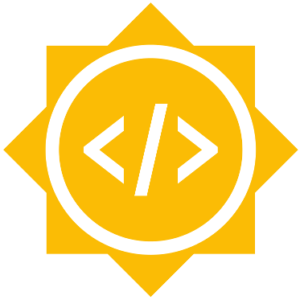 This summer you’ll have the ability to change lives – three billion of them – one line of code at a time. The Mifos Initiative will be participating in Google Summer of Code for the twelfth time. Last year we had the honor and privilege of stewarding 14 interns in total – ten through Google Summer of Code and four through our inaugural Mifos Summer of Code. Interns will not only have the opportunity to contribute to our social mission but also be able to work on cutting edge technologies being used by our ever-growing global community and ecosystem of fintechs and financial inclusion providers. Interns will be shaped by the open source experience led by our intrepid mentors, rewarded by our mission of fighting poverty with financial inclusion, and growing their professional skillset and experience to position themselves for future careers or entrepreneurial endeavors in fintech.
This summer you’ll have the ability to change lives – three billion of them – one line of code at a time. The Mifos Initiative will be participating in Google Summer of Code for the twelfth time. Last year we had the honor and privilege of stewarding 14 interns in total – ten through Google Summer of Code and four through our inaugural Mifos Summer of Code. Interns will not only have the opportunity to contribute to our social mission but also be able to work on cutting edge technologies being used by our ever-growing global community and ecosystem of fintechs and financial inclusion providers. Interns will be shaped by the open source experience led by our intrepid mentors, rewarded by our mission of fighting poverty with financial inclusion, and growing their professional skillset and experience to position themselves for future careers or entrepreneurial endeavors in fintech.
Google Summer of Code is a global, online program sponsored by Google focused on bringing new contributors into open source software development. Interns accepted to the program will spend their summers coding from May 27th to August 26th and upon successful evaluations, receive a stipend provided by Google. For full details on GSoC, read the FAQ and browse the program timeline – applications are open from March 18 through April 2! You can apply from our organization page.
To help aspiring applicants and answer any questions related to ideas or improving your applications and proposal, we’ll be holding a Mifos Google Summer of Code AMA (Ask Me Anything) on Thursday March 7 at 1500 GMT via Zoom Webinar .
You’ll have the have the chance to build web and mobile apps for digital financial services, contribute to our award-winning Mifos X open source technology platform powered by Apache Fineract, extend our modern payment orchestration engine, Payment Hub EE, enhance our Digital Public Goods for use cases like G2P, and pioneer innovative uses of Generative AI for advancing financial health.
As the scope of our digital public goods and breath of use cases of fintech adoption continue to grow, so does the variety of projects and technologies we have available for interns to contribute to. Once again we’ll be continuing to refine our suite of web and mobile apps for customers and staff – with a deep focus this year on cross-cutting tools to streamline the developer experience including extension of our auto-generated clients and SDKs. We will have a variety of projects on or around the Apache Fineract platform for back-end and full stack developers including core contributions and refactoring, new module development and integration. On the payments front, as Payment Hub EE gets deployed for more uses cases ranging from mobile money to instant inclusive payment systems to G2P, we’re looking to enhance deployability, ease of configuration, and performance to drive more adoption. Mifos has continued to establish a deeper presence as a catalytic digital public good for managing accounts, orchestrating payments and enabling digital payment adoption so we’ll have a growing number of DPG/DPI and Govtech related projects for Payment Hub EE and integration with other DPGs for use cases like digitizing cash-based social protection programs.
This year we’ll also have a deeper focus on AI projects as part of Mifos AI for All and Data Science for Good Initiative. AI can have transformative potential for financial inclusion and we are only starting to scratch the surface of what can be achieved. We look to expand our existing projects for credit scoring and chatbots with several new projects using generative AI and LLM and LAMs to improve customer support, design better products, better analyze risk, mprove the developer experience, detect and prevent fraud and more.
Want to learn more? Browse our ideas page for projects and links to all our code repositories.
Mifos Awarded Interledger Foundation Research Grant to Explore Intersection of ILP with DPI
/in Company News, Frontpage Article/by Edward CableWe’re pleased to be the recipient of this research grant from the Interledger Foundation that will hopefully be the start of an active collaboration between the Mifos and Interledger communities and ecosystems to advance inclusive financial services for all. Check out the Interledger Foundation website for a link to the original announcement.
Through the Interledger Foundation Research Grant, Mifos will explore how the Interledger Protocol (ILP) can be part of Digital Public Infrastructure and contribute to democratizing financial services through its open protocol suite for sending payments across different ledgers.
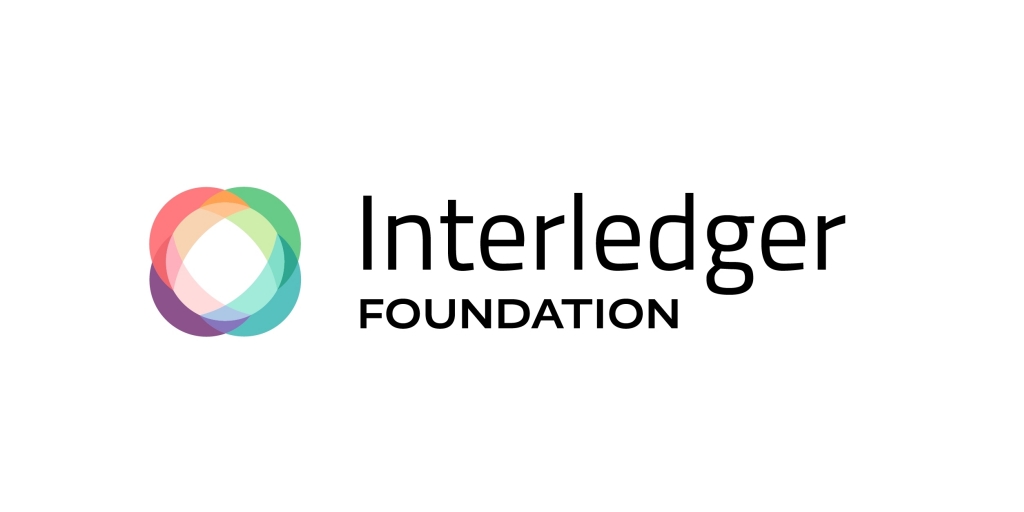 Mifos has pioneered open-source banking technology for the past fifteen years, transforming the entire sector at each major stage of evolution from microfinance to financial inclusion to digital financial services. They were chosen as an MIT Solver for the 2021 Digital Inclusion Global Challenge and awarded the 2021 and 2022 Banking Tech Awards for Best Contribution to Economic Mobility in Banking & Finance.
Mifos has pioneered open-source banking technology for the past fifteen years, transforming the entire sector at each major stage of evolution from microfinance to financial inclusion to digital financial services. They were chosen as an MIT Solver for the 2021 Digital Inclusion Global Challenge and awarded the 2021 and 2022 Banking Tech Awards for Best Contribution to Economic Mobility in Banking & Finance.
Their building blocks for banking are recognized as digital public goods within digital public infrastructure to achieve the UN SDG of no poverty. Through making a core banking commoditized infrastructure, any organization can embed any financial service to any customer via any channel.
Briana Marbury, president and CEO of Interledger Foundation, says, “We are delighted to work with Mifos to support their mission of advancing the financial health of the underbanked and further digital financial inclusion efforts as a whole.“
Mifos is working with BaaSFlow, GH Solutions Consultants, and Brook IT Consulting to undertake this research with the goal of identifying the next steps for ensuring that Interledger is a part of Digital Public Infrastructure considerations for implementers. Their research will bring together a range of stakeholders and experts in ILP, Digital Public Goods, G2P payments, and in-country experts to understand how this can be achieved and barriers to adoption that need to be overcome. Their research will be made available through open communities and contribute to Interledger Foundation’s Mission to build equity and inclusion within a global interoperable payments network.
President and CEO of Mifos, Ed Cable, says, “As a mission-driven organization, we are excited to explore the possibilities of the Interledger Protocol (ILP) as a building block within our growing ecosystem to improve people’s lives through access to financial services.”
BaaSFlow brings to the project its expertise in architecting and contributing to digital public goods. “We’re looking forward to exploring how the Interledger Protocol and the Open Payments concept can be applied to Digital Public Infrastructure thinking in the context of Digital Public Goods like Mifos, Fineract, and G2P payments”, states BaaSFlow’s CEO James Dailey.
If you are interested in contributing to Mifos research, you can contact dpi@mifos.org and stay up to date with their research through 2024 here: community.interledger.org
About Mifos:
The Mifos Initiative is a global 501(c)3 fintech non-profit leveraging the cloud, mobile & open source community to democratize financial services worldwide and digitally transform the world’s 3 billion poor and underbanked. Our mission is to scale the development and impact of inclusive fintech through an open community to advance the financial health of these 3 billion underbanked.
Our building blocks for banking, recognized as digital public goods, make core banking commoditized infrastructure, empowering any organization, anywhere to embed any financial service to any customer via any channel. We provide the common functionalities for creating customers, managing wallets, savings and loan accounts, orchestrating payments, and maintaining the financial ledger & reports.

